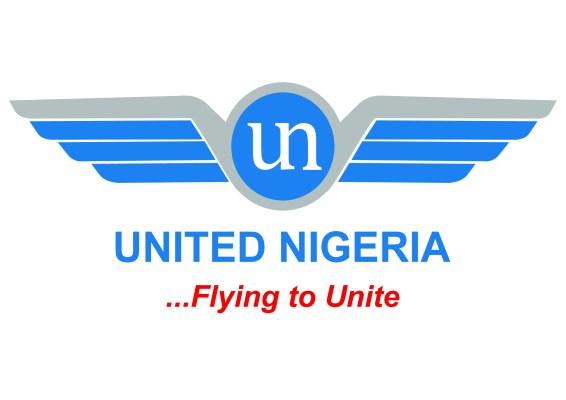Nigeria seeks $1bn World Bank loan to boost jobs, investment

Nigeria has begun discussions with the World Bank for a new $1 billion loan aimed at boosting private investment, job creation, and economic diversification.
The facility, called the Nigeria Actions for Investment and Jobs Acceleration (P512892), is a Development Policy Financing (DPF) programme and is scheduled to be considered by the World Bank Board on December 16, 2025, Naira Metrics reported.
According to the Bank’s concept note seen by Nairametrics on Friday, the financing package will include $500 million in International Development Association (IDA) credit and $500 million in International Bank for Reconstruction and Development (IBRD) loans.
If approved, it will be the second-largest World Bank loan received by Nigeria under President Bola Tinubu’s administration, following the $1.5 billion loan approved in June 2024 under the Reforms for Economic Stabilisation to Enable Transformation (RESET) initiative.

The World Bank said the new programme is designed to support Nigeria’s shift from short-term macroeconomic stabilisation to sustainable, private sector–led growth.
It said the facility will help “expand access to credit and digital financial services, lower prices for households and firms, and boost productivity in key agricultural value chains.”
“The proposed Development Policy Financing (DPF) supports Nigeria’s pivot from stabilization to inclusive growth and job creation. Structured as a two-tranche standalone operation of US$1.0 billion (US$500 million IDA credit and US$500 million IBRD loan), it seeks to catalyse private sector–led investment by expanding access to credit, deepening capital markets and digital services, easing inflationary pressures, and promoting export diversification,” the Bank document stated.
The Bank noted that Nigeria’s private-sector credit-to-GDP ratio stood at just 21.3 per cent in 2024 — far below the levels seen in similar emerging economies. It added that domestic capital markets remain shallow, with government bonds dominating the market.

To address these gaps, the DPF will support implementation of the Investment and Securities Act 2025, the rollout of credit-enhancement facilities, and a new Central Bank of Nigeria rulebook focused on risk-based regulation and consumer protection.
The plan also includes steps to expand digital inclusion through passage of the National Digital Economy and E-Governance Bill 2025, which will provide a legal framework for electronic transactions and digital records.
Beyond finance and technology, the World Bank programme aims to lower production and living costs by reforming Nigeria’s trade policies. High tariffs and import bans have long increased consumer prices and slowed industrial growth, according to the document.
Under the proposed reforms, Nigeria would adopt African Continental Free Trade Area (AfCFTA) tariff concessions, streamline import restrictions, and simplify certification for key agricultural seeds — including maize, rice and soybeans — to boost food supply and reduce inflation.

The World Bank said these reforms are expected to reduce food prices, draw in private investment, and expand export opportunities.
The loan plan forms part of a broader World Bank support package for FY26, which includes three complementary programmes: Fostering Inclusive Finance for MSMEs (FINCLUDE), Building Resilient Digital Infrastructure for Growth (BRIDGE), and Nigeria Sustainable Agricultural Value-Chains for Growth (AGROW).
These projects are also aimed at improving access to finance, strengthening institutions, and mobilising private capital for growth.












